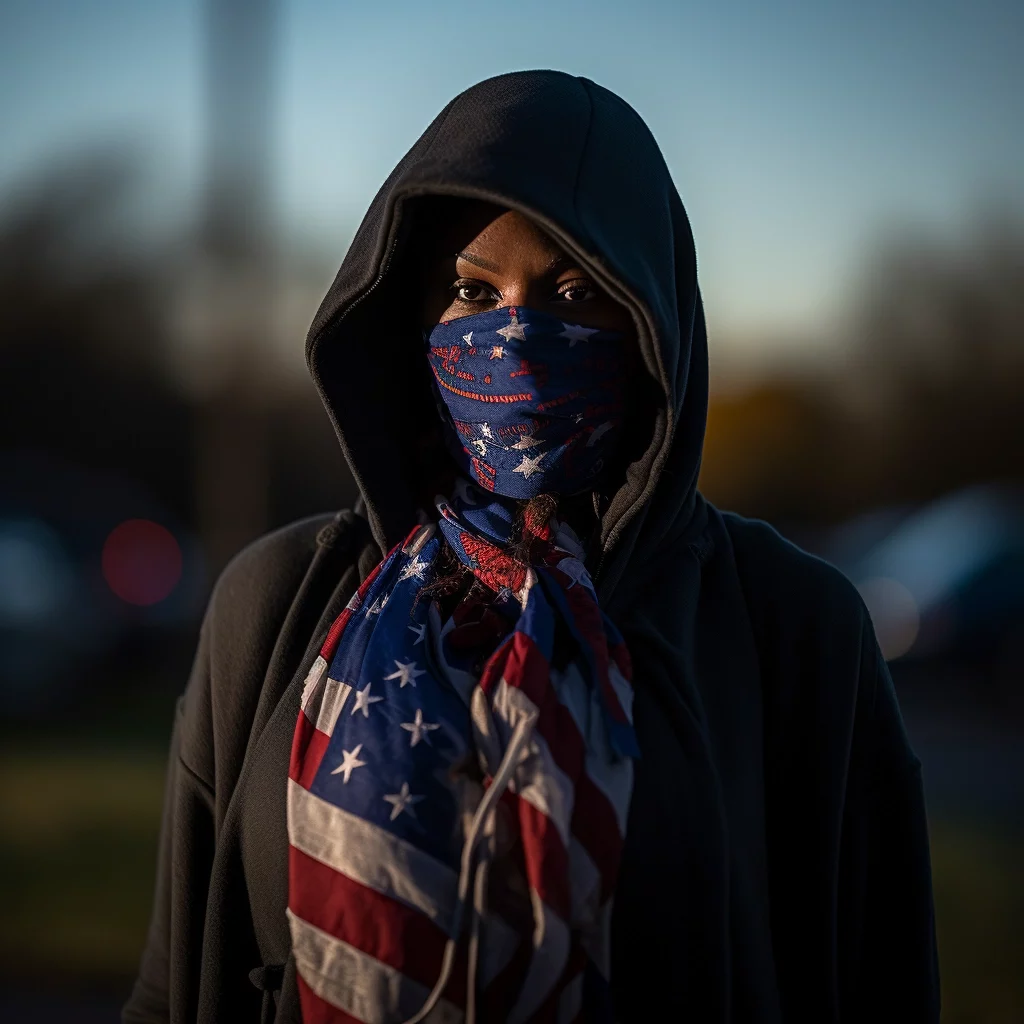
The Silent War on Black Voters: A Deep Dive into Recent Voter Purges
Unveiling the hidden tactics that disenfranchise Black voters, one purge at a time.
By Darius Spearman (africanelements)
About the author: Darius Spearman is a professor of Black Studies at San Diego City College. He is the author of several books, including Between The Color Lines: A History of African Americans on the California Frontier Through 1890_.
Introduction
Welcome to the silent war—a war waged not with guns and bombs but with laws and purges. This war targets Black voters, stripping them of their voice in the democratic process. It’s not just a political issue; it’s a human rights crisis, deeply rooted in the history of anti-Black politics.
The Mechanics of Voter Purges
Voter purges are like a snake in the grass. They’re hard to see until they strike. These systematic efforts to remove voters from registration lists often blur the line between legal and illegal actions. Legal purges update voter rolls, removing deceased or relocated individuals. Illegal purges often target specific demographics, like Black voters, under the guise of “cleaning up” the rolls. This is a modern manifestation of America’s long history of denying racial freedom.
The Georgia Case Study
Georgia has been a battleground for voter rights, especially for its Black population. New voting laws disproportionately affect Black communities. These laws are a modern-day poll tax in disguise, including restrictive ID requirements and limited early voting hours. Such tactics make it harder for working-class Black folks to vote, a struggle that has implications for Black politics nationwide.
Historical Context
History has a way of repeating itself. Voter suppression isn’t new; it’s just got a facelift. Tactics have shifted from blatant to subtle, but the aim remains the same: keep Black folks from the ballot box. From literacy tests to modern-day purges, the playbook hasn’t changed much.
The Domino Effect
When Georgia sneezes, the whole country catches a cold. The voter purges here set a dangerous precedent. Other states are watching, and some are already drafting their own versions of voter suppression laws. This ripple effect could potentially swing national elections, further marginalizing Black voices and undermining efforts toward Black unity.
Real Stories, Real Impact
Meet Tasha, a 32-year-old mother of two. She was purged from the voter rolls in Georgia for missing one election. Her story is not unique. Multiply Tasha by thousands, and you grasp the human cost of these purges. These are not just numbers; they’re people with families, jobs, and dreams. Each purge is a blow to their democratic participation.
Counteractions and Solutions
Legal battles are being fought to overturn these laws. Grassroots organizations like Fair Fight and the ACLU are educating people on how to protect their voting rights. Community leaders are organizing voter registration drives and providing resources to fight against purges. The fight is far from over, but the resistance is strong, much like the Black women who contributed to the Civil Rights Movement.
Conclusion
The silent war on Black voters is real, and it’s happening now. But knowledge is power. We’ve got to arm ourselves with information and fight back. Democracy depends on it. It’s about the future of Black communities across America, communities that have shown astonishing strength and resilience throughout history.
That’s a wrap. Now, it’s your turn to join the fight.
